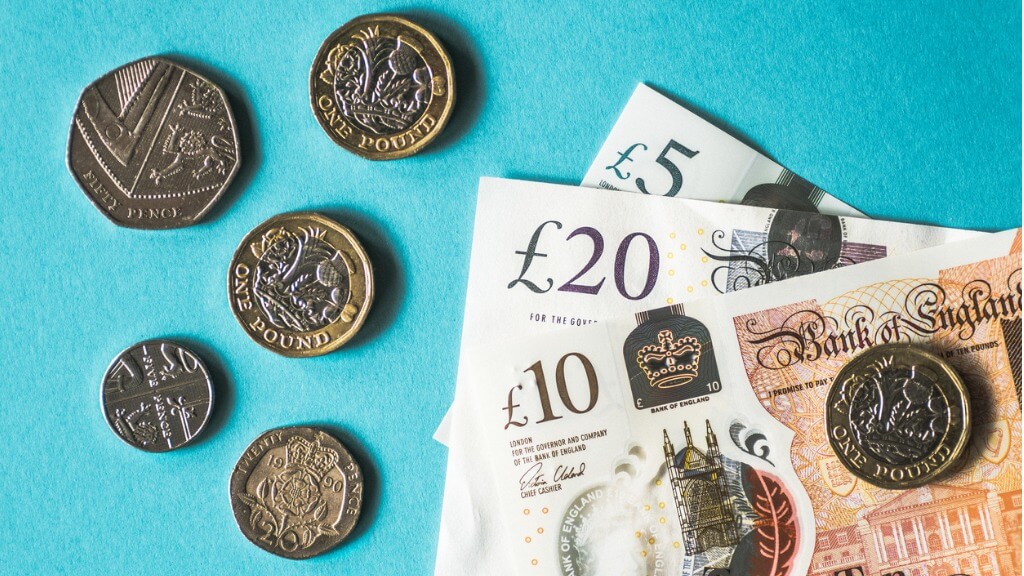
If you are in debt, then you may be wondering if there is any way to get out from under it. One option that you may have heard of is debt forgiveness.
This may sound like a great solution, but what is debt forgiveness really? And is it right for you?
In this blog post, we will explore what debt forgiveness is and how it can help you get out of debt.
What is Debt Forgiveness?
Debt forgiveness is the process of having your debt either partially or completely forgiven. This usually happens when you are unable to make your payments and your lender agrees to write off the debt.
There are several reasons why someone might seek debt forgiveness, but the most common is simply that they are unable to make their payments. If you find yourself in this situation, it's important to understand that debt forgiveness is not a magical solution that will erase all of your problems. Rather, it is often a way for you to restructure your debt so that you can ultimately pay it off.
In many cases, seeking debt forgiveness will actually result in you agreeing to a new repayment plan with terms that are more manageable for you. While debt forgiveness can be a helpful solution in some cases, it's important to remember that it's not a cure-all. You will often still need to make sure that you are able to make your new payments on time and in full each month.
What Debt Forgiveness Programs Are Available?
There are certain debt relief programs available in Canada that can provide some measure of debt forgiveness. These programs can be helpful for those who are struggling to repay their debts in full.
Some of these programs offer debt forgiveness, which can help reduce the amount of debt you owe. Other programs make it easier for you to repay your debt in full by making payments more manageable. Whatever route you choose, it's important to do your research and make sure that you're getting the best possible debt solution.
See some of the most popular solutions below:
Consumer Proposal
If you're struggling with debt, you may be considering a consumer proposal as an option for debt relief. In a consumer proposal, an insolvency trustee will negotiate with your creditors on your behalf to reduce the amount you owe them.
This can involve debt forgiveness or other arrangement. Once the proposal is approved by the courts, it becomes legally binding on all parties involved. This means that interest will stop accumulating, collectors will stop calling and you will be protected from wage garnishments and legal action.
Debt Management Plan
A debt management plan (DMP) is an agreement between you and your creditors to repay your debt. A DMP can provide debt relief by freezing interest and charges on your debt, and by agreeing to a level of debt forgiveness. However, a DMP does not technically qualify as forgiveness program.
With a DMP, you will likely be expected to repay the full amount you owe. You will propose a payment plan to creditors that will allow you to clear your debt through a series of monthly payments – usually credit card debt or other common forms of unsecured debt. The length of your plan will depend on how much you can afford to repay each month.
While it’s unlikely your creditors will agree to a level of debt forgiveness as part of your DMP, it’s not impossible. If you’re struggling with debt, a DMP may be a good option for you.
Bankruptcy
For many people, bankruptcy can be an effective way to debt relief. After going through the process, you can be discharged from your debt and given a fresh start.
However, it's important to understand that bankruptcy does have some long-term consequences. Your credit score will be affected, and it may be more difficult to borrow money in the future. Additionally, not all debt is automatically forgiven through bankruptcy. Despite these potential drawbacks, bankruptcy can provide much-needed debt relief for those struggling with chronic financial problems.
Take The First Step
Debt can be a heavy burden, but it doesn't have to be a life sentence. If you're considering debt forgiveness, it's important to weigh your options carefully. There may be some short-term relief in debt forgiveness, but it's important to consider the long-term effects as well.
Without a doubt, debt forgiveness will have a negative impact on your credit score. This can make it difficult to qualify for new lines of credit and may raise the interest rates you pay on existing debt.
While debt forgiveness may seem like an attractive option, it's important to consider all of the potential implications before making a decision. With careful planning and a commitment to change, you can get out of debt and begin working toward your future goals.
Thanks for signing up to Minutehack alerts.
Brilliant editorials heading your way soon.
Okay, Thanks!